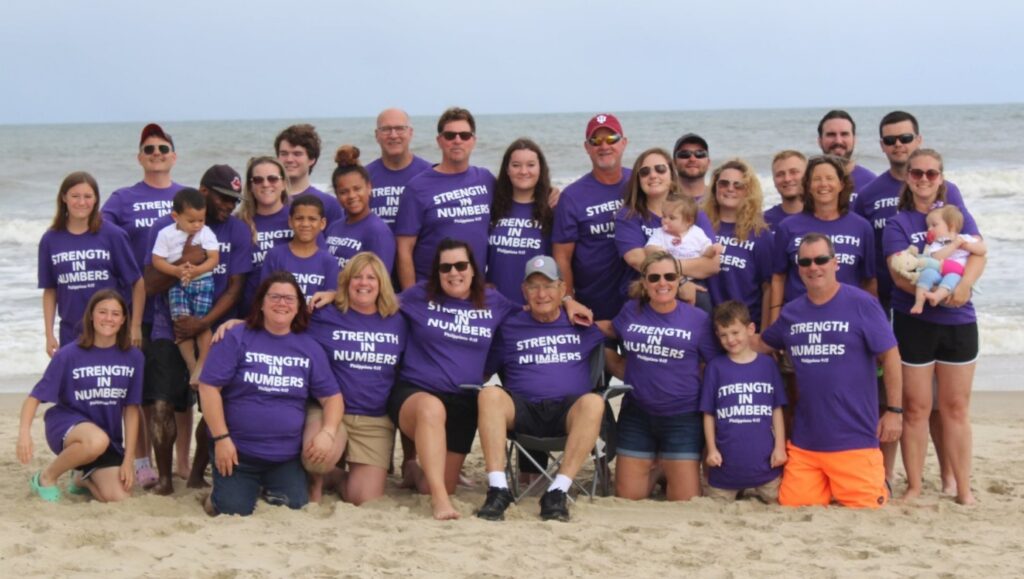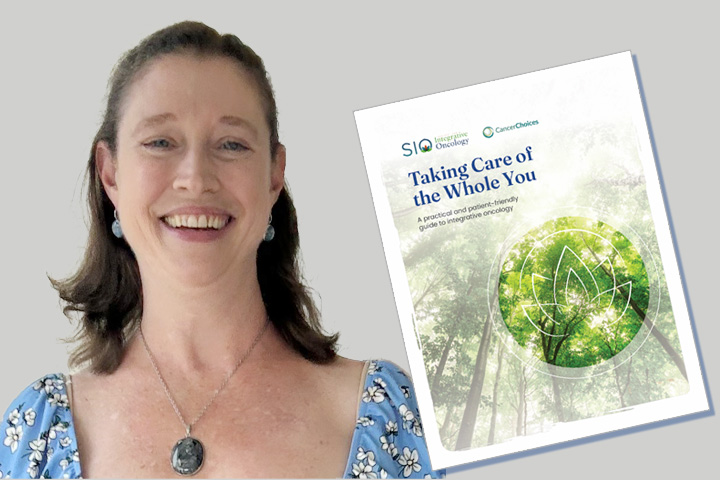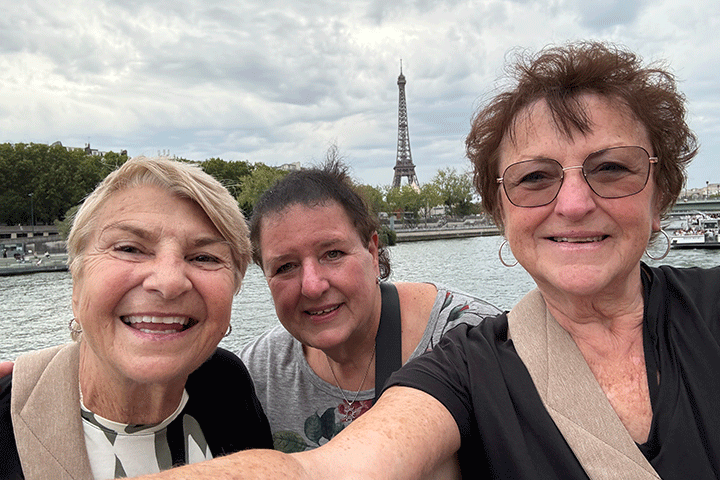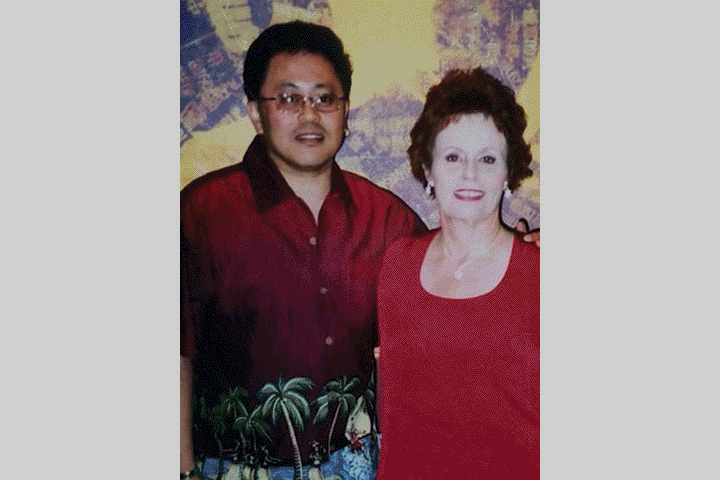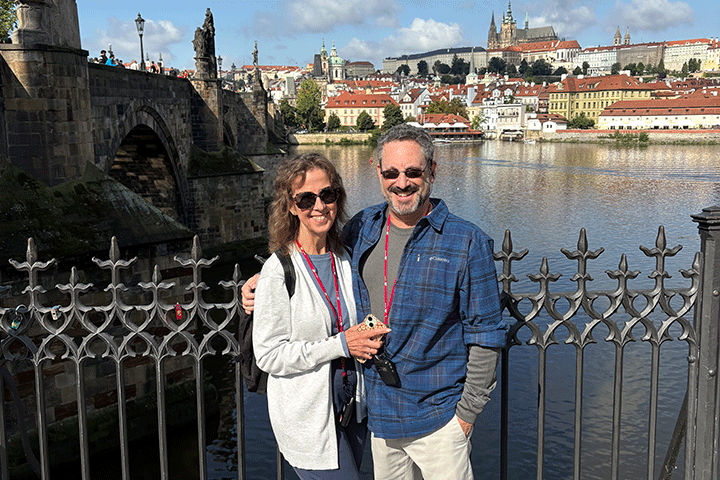Go Live Your Life
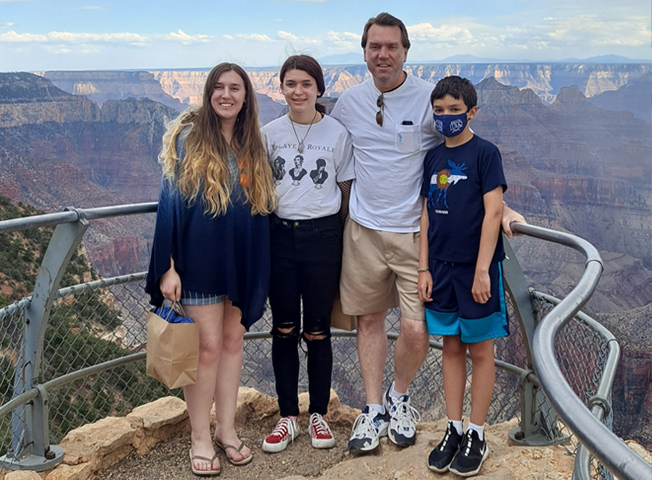
- Multiple symptoms lead to pancreatic cancer diagnosis
- Chemotherapy with FOLFIRINOX
- Radiation
- Whipple procedure
- Another example highlightFinally, this is a last highlight example
Nothing prepares you for losing loved ones. Nothing can fill that empty place in your heart when they are gone.
I know this because in October 2006 my five-year-old son Gage died at University of Iowa Hospitals & Clinics (Iowa City) from an autoimmune blood disorder. In January 2019 my 77-year-old mother died from pancreatic cancer (she had been diagnosed only 18 months prior).
In March 2019 I was back home in Cedar Rapids, Iowa after a trip—I had a great time but yet felt awful, physically. My symptoms included loss of appetite, itchy skin, sleeplessness, weight loss, and jaundice. I scheduled a check-up with my PCP hoping for a quick fix. I was 52 and in reasonably good health: how bad could this really be? My doctor was convinced it was hepatitis C. Six weeks later my symptoms were unbearable, and I was feverishly trying to self-diagnose. I got tested for West Nile virus, malaria, Lyme disease, cirrhosis, pancreatitis, diverticulitis, etc.
After eight weeks of testing, and escalating symptoms including a 40-pound weight loss, I was still feeling rotten. I scheduled a consultation at the UIHC Digestive Health Department and Stephanie Dee, PA-C did a double take when she saw my yellow eyes. After additional testing, I was quickly sent to the emergency department. That was my “you had me at hello” moment. Finally, someone wanted to DO something rather than wait and see. Within two days I had undergone an ultrasound, CT scan, and had an endoscopic retrograde cholangiopancreatography (ERCP), performed by gastroenterologist Dr. Fred Johlin.
A week later my wife and I met with Dr. Johlin, who told me that there was a mass in the head of my pancreas (adenocarcinoma). The diagnosis was pancreatic cancer stage IIb.
Dr. Johlin explained that the prescriptions I was on and ERCP likely made me feel great compared to the previous eight weeks. And I should remember that feeling because “when you’re feeling lousy, you’ll want to remember what great feels like.” Also implied were the sentiments: when you have setbacks, don’t give up; when you get good news don’t let your guard down and think you’ve won; keep fighting and keep a good attitude. Dr. Johlin then referred me to Dr. Daniel Berg for chemotherapy, Dr. Joseph Caster for radiation, and Dr. Carlos Chan for surgery.
Treatment One Step at a Time
Dr. Chan explained that he planned to perform a Whipple surgical procedure but not for another six to nine months. That seemed like an eternity, but I knew that chemotherapy and radiation needed to come first in order to shrink the tumor.
Dr. Berg explained everything about FOLFIRINOX chemotherapy, the UIHC infusion center, and the importance of diet, exercise, and a good attitude. I was very motivated: after leaving his office I went to the grocery store and filled my cart with items for my new superfood diet. I started walking daily and lifting weights. I started my first round of chemo on June 18. While in the infusion center, I met care providers from the hospital pharmacy, diet and nutrition, genetic counseling (I learned that my cancer was not hereditary despite the fact that my mother had died from the same type of cancer), patient advocates, cancer center volunteers, and many incredible nurses. The mantra remained “stay positive and surround yourself with positive people.” I was able to tolerate the chemo quite well. In fact, I looked forward to it: anything to help me beat cancer . . . I wanted it.
After chemo Dr. Caster initiated radiation therapy using an MRI-Linac laser. He asked me about my expectations and I told him, “I want you to swing for the fences. Burn every speck of cancer out of my body, and don’t take it easy on me: I wanna live.” The next six weeks were filled with 26 radiation treatments. Dr. Chan performed the Whipple procedure on February 12, 2020, which was also remarkably successful. My pathology report revealed the malignant tumor had been reduced to a small mass of dead cells about the size of a pencil lead due to the radiation.
Next Step: Resuming Normal Life
Through my treatment journey the side effects were not bad because I never let them be. Despite the nausea, fatigue, low blood counts, neuropathy, hair loss, and pain from the surgery, it was all worth it. The only medication I take today is Creon (enzymes).
I consult with Dr. Chan before checking items off my bucket list: attending national sporting events, going on motorcycle rides, taking hunting and fishing trips, going horseback riding through the Rockies, taking family vacations, and much more. His answer when I ask, “Can I do this?” is always the same: “YES, go live your life, don’t let cancer define who you are or what you do.” He and everyone at UIHC have been kind, supportive, and positive throughout treatment.
As of June 2022 I’ve been cancer free for over two years and I feel great. Dr. Chan encouraged me to share my story with others who might be on a similar journey. With groups like Let’s Win PC and the UIHC staff, beating pancreatic cancer is becoming a reality.
Five years after his diagnosis, Dean passed away from pancreatic cancer. He worked closely with his doctors and survived much longer than expected. Our deepest sympathy to his family.
